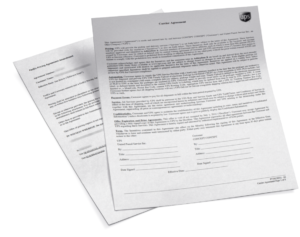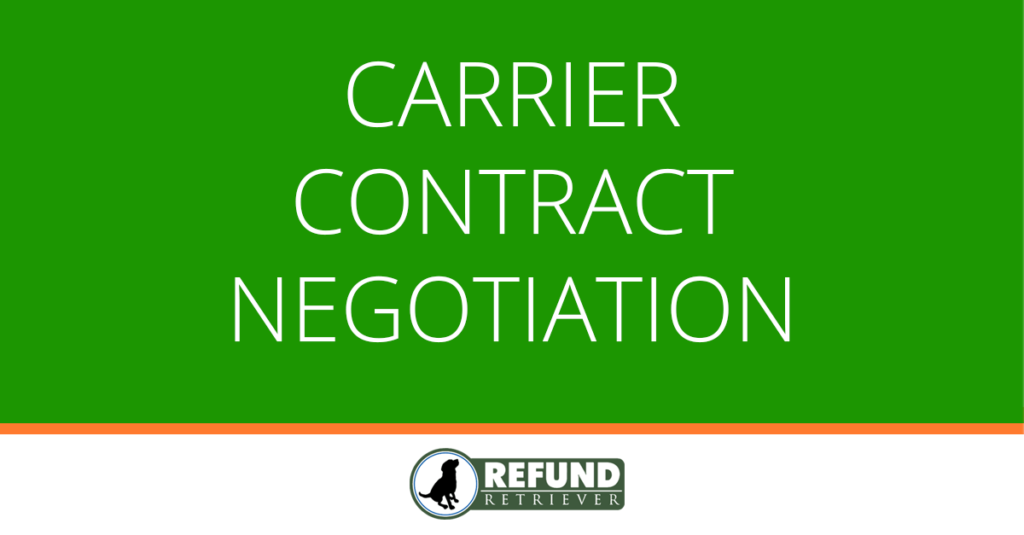Is your UPS spend higher than it should be? Have you noticed that the increase in shipping volume and overall shipping costs seem to be increasing at different rates? If so, we will review some strategies to help reverse this trend and give shipping a competitive advantage.
If your UPS shipping spend is higher than you expect or seems excessive, there could be multiple reasons for this. Here are some common factors and scenarios that can contribute to increased shipping costs:
- Service Level Choices: The costs will be much higher if you frequently use expedited or next-day shipping rather than ground or economy services.
- Package Dimensions & Weight: UPS, like many carriers, employs dimensional weight pricing. If your packages are large or not packed efficiently, you could be paying more.
- Residential Deliveries: Shipping to residential addresses often incurs additional fees compared to commercial deliveries.
- Remote Locations: Deliveries to specific ZIP codes considered remote or less accessible may incur additional costs.
- Fuel Surcharges: Carriers adjust their pricing based on fluctuations in fuel prices. When fuel prices go up, so can your shipping costs.
- Additional Services: Services like package insurance, delivery confirmation, signature requirements, or special handling can increase costs.
- Packing Materials: If you’re using UPS-branded packing materials or have them pack items for you, there could be extra fees.
- Seasonal Increases: During peak seasons, like the holidays, carriers may impose temporary rate hikes.
- Accessorial Charges: These are fees for additional services, like Saturday delivery, lift gate service, or inside delivery.
- International Shipments: Import and export duties, taxes, and international brokerage fees can quickly add to shipping costs.
- Return Shipments: If you have a high volume of returns and shouldering the return shipping costs, this will increase your overall shipping spend.
- Billing Mistakes: It’s possible that there are errors on your bills, or you’re being charged for services you didn’t use.
- Negotiated Rates: If you have yet to negotiate rates with UPS based on your shipping volume, you might be paying standard rates, which are often higher.
- Inaccurate Address: Fees can be imposed for address corrections if the provided shipping address is wrong.
- Not Comparing Rates: Exclusively using UPS without comparing rates with other carriers could lead to higher expenses if better rates are available elsewhere.
- Outdated Contracts: Older rates or surcharges might still apply if you haven’t revisited your contract with UPS in a while. Regularly renegotiating or reviewing your terms can help in controlling costs.
- Lack of Shipping Strategy: Not having a defined shipping strategy or system to evaluate and optimize your shipping practices can lead to excessive costs.
To identify the specific causes for your high UPS shipping spend, it’s a good idea to conduct a thorough audit of your shipping invoices, practices, and the nature of your shipments. This will allow you to pinpoint areas of inefficiency or excessive spending and make informed decisions to reduce costs.
Improper preparation for contract negotiations

Generally, most UPS shippers base the current contract negotiation approach on the initial UPS proposal. Most shippers are strategizing on a game board designed by the opponent. This can be changed, but it requires a substantial amount of planning.
Lack of organization with current shipping data makes it impracticable to do a real apple-to-apple correlation between yearly rate changes or carriers. Data and rate quantification are crucial if your UPS spend is higher than it should be.
Carriers know that shippers are mostly in the dark; they know comparing rates with competitor rates is difficult. For instance, compare the overall structure of a FedEx and UPS agreement. Many times the overall structure of a UPS contract is entirely different. Alternatively, the carrier sends the shipper addendum after addendum to an existing agreement. With all of this taken into consideration, consider bringing on an expert like Refund Retriever to organize your agreement data and requirements. Level the playing field.
Misunderstanding your own business requirements
Another reason your UPS spend is higher than it should be is that you do not fully explain your shipping characteristics. Therefore, UPS or FedEx cannot present the best price if you cannot precisely outline your requirements.
If you do not measure shipment volumes by service, spend, and zone, composing a clear view of your business for another carrier proposal is challenging. Many shipment-specific details go into pricing. This includes particular service types, package properties, accessorial, and other surcharge requirements.
It’s these details that ultimately shape the pricing carriers can propose. Therefore, the more precise, the better. Also, it is essential to describe how your business may be developing in the future. Shipping patterns, new products, and added locations will change the agreement pricing application.
Employee education
How often does your company refresh employees who make the final decision on what carrier or service to use for an order? Recently we uncovered over $10,000 worth of additional service charges for one client. Upon questioning the logistics director for the usage of the service, his answer was honest but unsurprising. He stated that the shipping department had not been told to fix it.
Your UPS spend is higher than it should be, not just because of a bad UPS agreement, but could be the result of poor choices. Similarly, many shippers are paying for service levels not needed, like Next Day Air, when Ground will get it there just as quickly.
The next steps to take
If you are in charge of the UPS relationship for your organization, optimizing your company’s shipping spend should be a top priority. Focusing on these critical areas is a lasting way to ensure your UPS spend is NOT higher than it should be. Take control over your contract rate negotiations, understand your requirements, and adequately train your shipping department. If you would like help with this process, reach out to the logistics professional at Refund Retriever.

